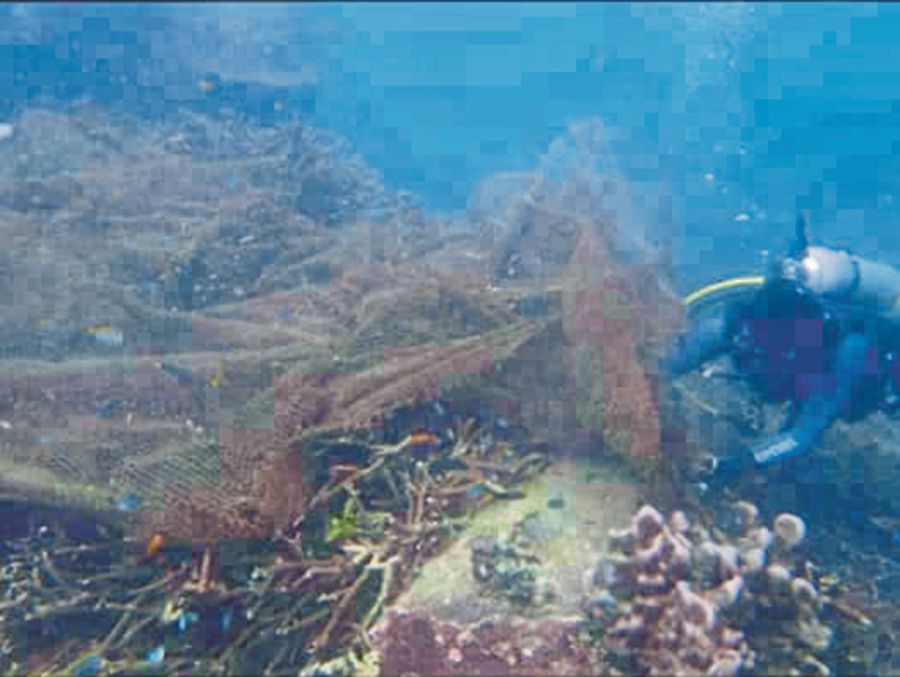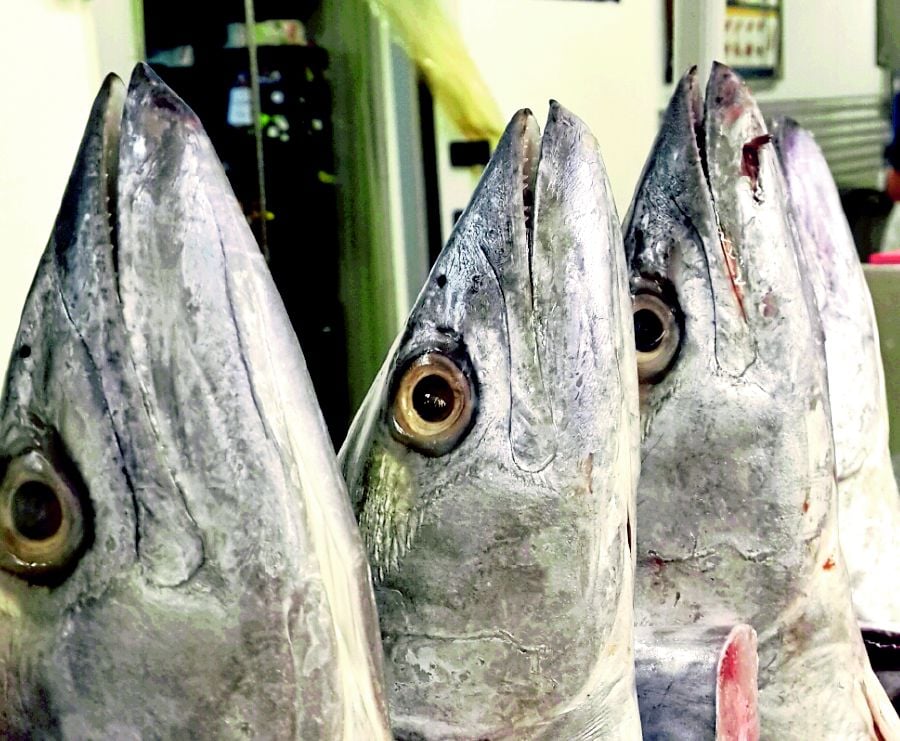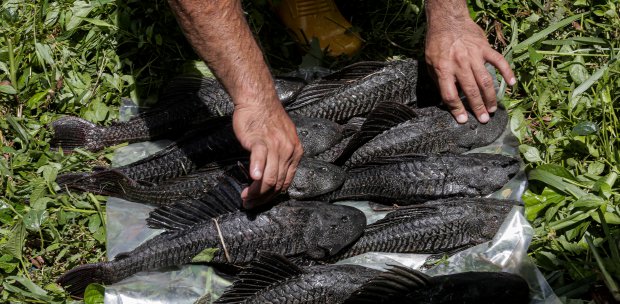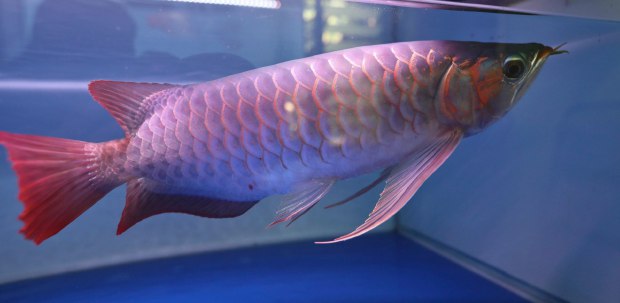NOW I do not know about you, but I can't get through a week without having ikan tenggiri goreng with loads of curry and dhall at my favourite banana leaf restaurant. Well, sometimes it is ikan bawal hitam or kembung goreng.
It's a love affair that is as deep as the ocean. It spans decades. First, with Papa and Mummy and the four of us at the dinner table. Now with my wife and three little ones in Jenaris.
It must be the same with you, too. Hey, it should be.
Malaysia is not a landlocked country thousands of miles away from a coastline.
Sea fish is easily available just about anywhere.

Not like in Xinjiang, China. A few years ago, as I journeyed across arid and arresting landscapes in that province, I shared tales of our wondrous fish with my guide.
He marvelled at our marine bounty and blessing.
God and geography blessed the very-far-from-the-sea Chinese province with plenty of things, too. But sea fish is not one of them.
So, swimming happily in fish, you can imagine my concern when I watched the Netflix documentary, Seaspiracy, recently.
I mean, I know human beings have been and are exploiting marine resources at speed.
But Seaspiracy puts the megaphone of protests right on the doorstep of our outer ear.
We are made to hear and feel the fish/marine mammal crying.
Good grief. Did you see the stricken dolphins in the bay in Taiji, Japan?
But that's the nature and intention of 'shock and awe' films and images.
You fall off your chair before you can sit up straight and think.

Dr Nicolas J. Pilcher is exasperated.
The executive director of the Marine Research Foundation in Kota Kinabalu, Sabah, decries the cloak-and-dagger and sensationalistic style in Seaspiracy.
"It's stupid. Misleading. It's selective in its data points," he says.
"It does not mention efforts being made around the world to develop sustainable fisheries."
And implicitly lumping countless people who are fishing responsibly with the industrial-scale ocean enterprises is just not right, he adds.
Perhaps, in keeping the documentary to one and a half hours, the producers have exposed themselves to accusations they adopted a reductionist view of reality.
The Englishman Pilcher, who has spent more than 30 years in conservation and can hold his own in a conversation in Malay, says the documentary's broad claims weaken the message that sorely needs to get across to the authorities and the public.

But both he and University of Malaya's Dr Amy Y. Then believe Malaysia can do a better job taking care of its fisheries.
People like me, who love their ikan tenggiri goreng, had better listen to them.
Otherwise, we may one day, like my friend in Xinjiang, only get to marvel at the marine blessings of others.
Oh, that would pierce me with untold grief!






